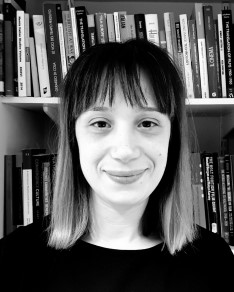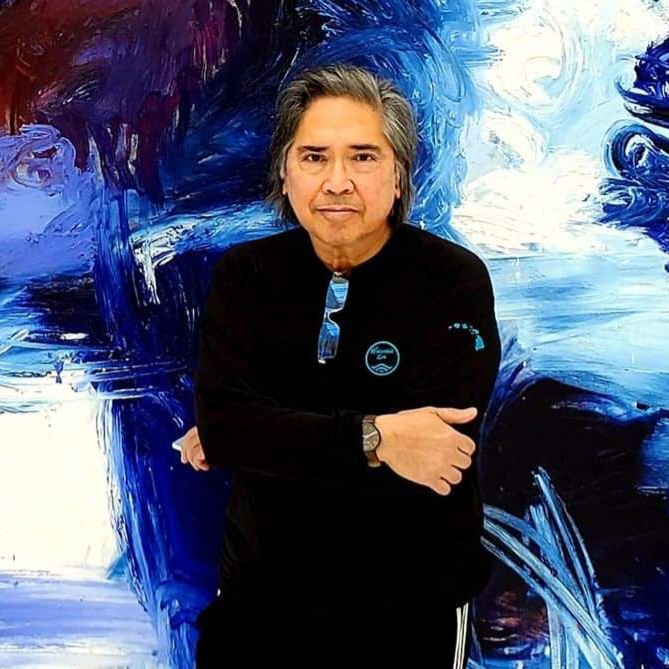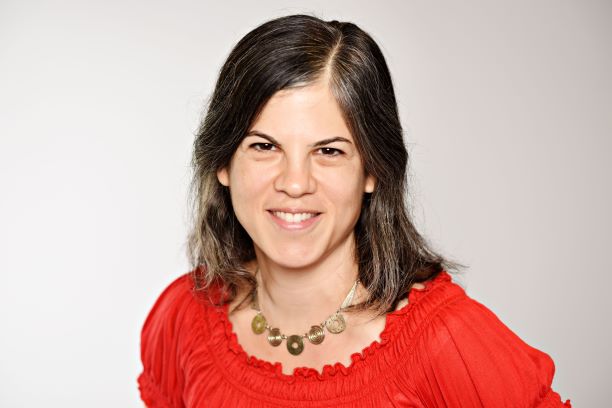Keynote speakers and committee
Carla Mereu Keating: Audiovisual Translation Across Nationalist Media Regimes
My talk considers the state of the art in Audiovisual Translation (AVT) studies at the intersection with 20th century politics. It overviews the ways in which scholars have explored and documented the political deployment of AVT practices across various nationalist media regimes with examples ranging from the interwar period up to the present day. I then draw from historical research in a number of European and North American state archives and film heritage institutions, to discuss how technological change, regulation, and the professionalisation of the film translation industry helped shape circulation and reception of English-language films in non-Anglophone Europe and around the world in affiliated language markets.
Carla Mereu Keating (PhD, University of Reading) is Honorary Senior Research Associate in the Department of Film and Television of the University of Bristol (UK). She is the author of The Politics of Dubbing (2016) and of numerous publications interested in the industrial, socio-political, and material issues which underpin the production and circulation of film and media across national boundaries.

Vicente Rafael: "Words the Color of Pulsating Flesh": The Biopolitics of Translation in Frantz Fanon
If social life consists of interminable acts of communication, then translation figures in all aspects of organizing and governing life itself. In this sense, translation is woven into the politics of life, or what some have called the biopolitical. It arguably constitutes one of its historical conditions of possibility. How is this the case? Colonialism is one site for seeing the history of biopolitics where translation has played a crucial role. The institution of imperial rule as well as resistances to it across different linguistic and social groups would be inconceivable without the workings of translation. In this talk I'll try to flesh out this history by looking at specific biopolitical formations in colonial translation found in the writings of Frantz Fanon especially with regard to language, race and decolonization.
Vicente L. Rafael is Professor of History and Southeast Asian Studies at the University of Washington in Seattle. His research and teaching have focused mostly on language, translation and power as well as comparative colonialism with a focus on the political and cultural history of the Philippines, the United States and Southeast Asia.
He is the author of several books including Contracting Colonialism: Translation and Christian Conversion in Tagalog Society Under Early Spanish Rule, White Love and Other Events in Filipino Histories, The Promise of the Foreign: Nationalism and the Technics of Translation in the Spanish Philippines, "Motherless Tongues: The Insurgency of Language Amid Wars of Translation,and most recentlyThe Sovereign Trickster: Death and Laughter in the Age of Duterte,all published by Duke University and co-published in the Philippines by Ateneo University Press.

E. Natalie Rothman (University of Toronto Scarborough): Between Diplomacy and Diplomatics: Translators and the Making of Trans-Imperial Archives
What does the historical anthropology of translators and interpreters allow us to "see" about the nature of early modern diplomatic translation in general, and the role of translators and interpreters in the production of vast diplomatic archives across the early modern globe in particular? This presentation will focus on a specific cadre of such translators, dragomans in the service of Venetian diplomatic chanceries in Istanbul and throughout the Venetian-Ottoman borderlands in Dalmatia. It will consider the foundational, and hitherto little noted role of dragomans in constituting diplomatic archives, and proceed to outline the impact of such archives on nascent Oriental philology and diplomatics. In closing, it will argue for the particular analytical usefulness of a trans-imperial lens on these archival formations, their enduring legacies, and the role of translation and translators therein.
E. Natalie Rothman is a Professor of History at the University of Toronto and Chair of the Department of Historical and Cultural Studies at the University of Toronto Scarborough (UTSC). She is interested in the history of Venetian-Ottoman cultural mediation in the early modern period, diplomatic translation and translators, the genealogies of Orientalism, the history of archives, and digital scholarship. Trained as an historical anthropologist, Rothman is the author of numerous articles and two award-winning monographs, Brokering Empire: Trans-Imperial Subjects between Venice and Istanbul (Cornell University Press, 2011) and The Dragoman Renaissance: Diplomatic Interpreters and the Routes of Orientalism (Cornell University Press, 2021). Since is also the co-lead on an ongoing digital companion project for the latter, The Dragoman Renaissance Research Platform(https://dragomans.digital.utsc.utoronto.ca/) and the co-editor (with A. Zimmerman) of a special issue of Radical History Review on the Politics of Boycotts (2019).

Organizing committee
Pekka Kujamäki
Hanna Blum
Nadja Grbić
Gernot Hebenstreit
Rafael Schögler
Daniele Monticelli
Christopher Rundle
Scientific committee
Anne Lange (Tallinn)
Christopher Rundle (Bologna)
Daniele Monticelli (Tallinn)
Hephzibah Israel (Edinburgh)
Hilary Footitt (Reading)
Ine Van linthout (Brussels)
Iryna Odrekhivska (Lviv)
Larisa Schippel (Vienna)
Lieven D'hulst (Leuven)
Magda Heydel (Kraków)
Michael Schreiber (Mainz)
Michele Troy (Hartford)
Michele Sisto (Pescara)
Outi Paloposki (Turku)
Paul Cohen (Toronto)
Pekka Kujamäki (Graz)
Sanja Perovic (Kings College)
Vicente Rafael (Washington)